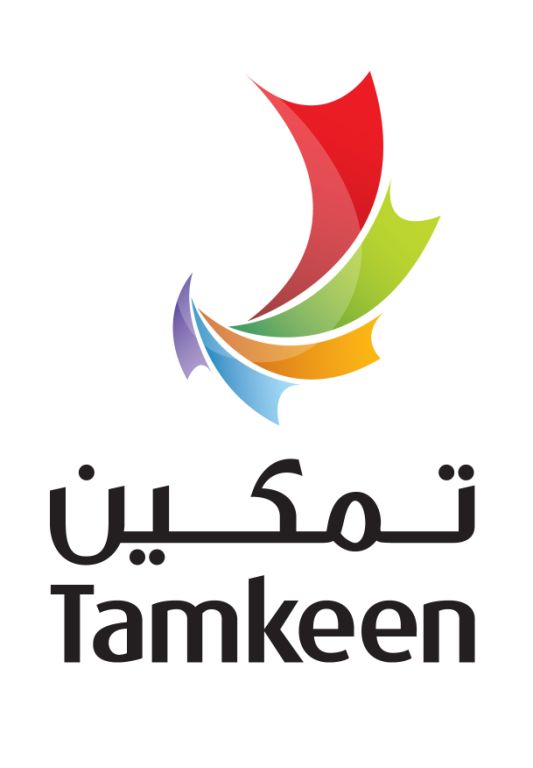| Teched

The project “Employability and Skills Portal” for the Kingdom of Bahrain was initiated in January 2015. The
purpose of the project was to assist Tamkeen - Bahrain’s institution established as part of national reform
initiatives and Bahrain Economic Vision 2030, tasked with supporting Bahrain’s private sector and
positioning it as the key driver of economic development.
Teched Consulting Services Ltd. has been sub-contracted by Tribal Group plc (UK) to provide the services for
the development and implementation of the Employability and Skills Portal (ESP) IT system.
The ESP IT system was created with one key goal: to unlock the labour market opportunities in Bahrain. The
ESP IT system collects and analyses Bahrain labour market information that are critical in guiding policy
making decisions by Government as well as informing students, parents, students, educators and employers on
the changing employment opportunities in the economy. In addition to that, by taking into account both
Bahraini employment needs, the supply of migrant workers and subsidies available to Bahrain’s individuals
and enterprises, the ESP IT System establishes solid business intelligence framework which is intended to be
used to support and facilitate beneficiaries’ business decisions and alignment with their strategies.
By using the ESP IT System, the beneficiary will achieve the following benefits:
- a strong labour market intelligence capacity;
- a National Skills and Qualifications Strategy taking into account both Bahraini employment needs and the supply of migrant workers;
- data exchange and communication between various data providers’ and stakeholders’ hardware and software platforms, operating systems, institutions, and users;
- a platform to match the demand for labour (or employees) with the supply of people with the right qualifications and skills;
- ability to make available information on the demand for jobs, and the qualifications and skills required for them;
- the ability to identify gaps in skill levels and address this through the education and training system; and
- the ability to forecast for future skills needs and plan accordingly.
The project lasted for 26 months. On 30th March 2017 the project was completed, in accordance with the
project plan.

